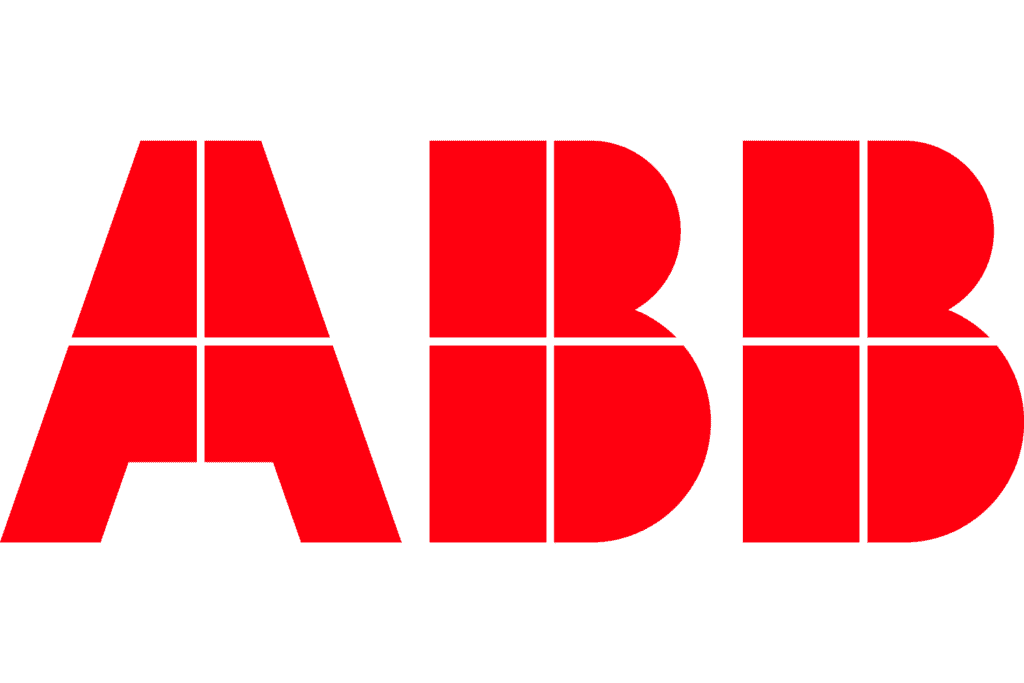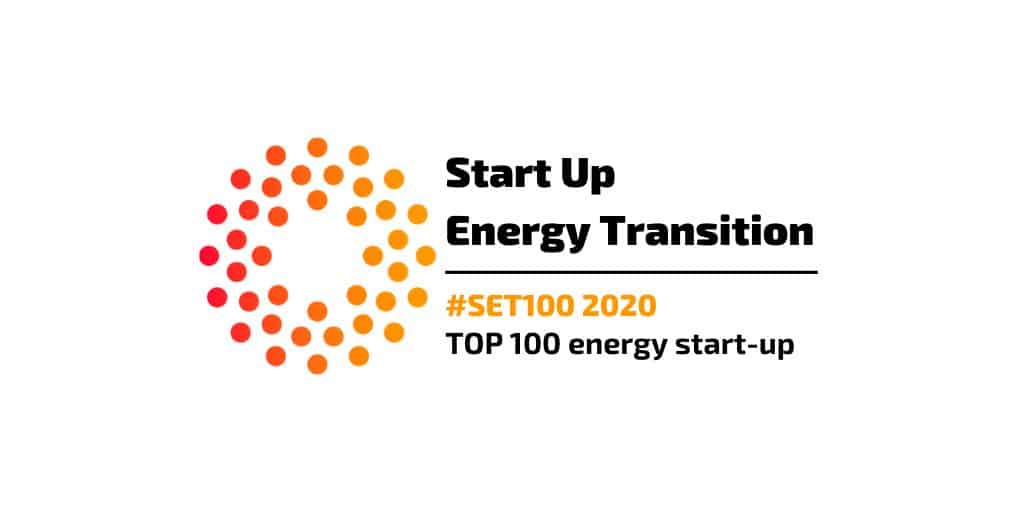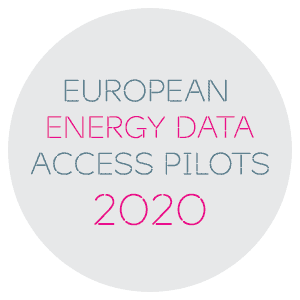APIs have enormous potential to open companies up to new revenue streams, unlock new markets and extract value from existing assets. To fully realise this potential however, APIs need to be lifted out of the sole domain of the IT department and treated as a digital product in their own right. Adopting such an API as a product mindset transforms APIs from a project-specific internal IT tool to the very cornerstone of digital transformation, relevant suddenly to the C-Suite and wider business. We’ve previously explored how an API can be monetised. Here we’ll shine further light on the concept of iterative API product development and how it can drive their longer-term value.
Identifying and answering user need
The initial commercial success of any product depends almost entirely on whether there is a clearly defined market and customer need. As a digital product, these points are equally valid for APIs and should be well thought through in any development process.
When it comes to defining the market for APIs, there is usually both an internal and external audience. Internally, an API can be used within an organisation to transform operational processes and integrate disparate systems. Externally, the developer community is most often the direct API user. As we know, APIs enable developers to leverage data to build new products and applications at pace and at scale by removing the need to write entirely new code. Within the energy industry in particular, APIs are key in facilitating the sharing of data which has previously been inaccessible and fragmented, opening up collaboration and innovation across the entire energy value chain. User need for APIs will inevitably vary depending on the nature of the audience, and determining what features they require should be the first step in any product roadmap.
Iterative product development
Simply put, a roadmap is a plan for how the product will develop over time. It sets out the direction and priorities of the product over an agreed timescale, including goals and what needs to be done to achieve them. As with any product, public APIs should evolve to meet the changing need of the developer community over time and should be designed with this firmly in mind. Consider as an additional layer of complexity that APIs are the building blocks used by developers to create other products, which will inevitably in turn evolve in line with end user need. In a nutshell, the agile approach to API development which comes with a product mindset is crucial, and a roadmap will be invaluable in keeping this process in check.
For iterative development, API usage analytics are a valuable source of insight into performance and can be used to update the product roadmap as necessary. API response times, number of calls and usage patterns, among other metrics, generate feedback which enables the API provider to better understand what the audience needs and adapt the product accordingly. In practice, this means creating an API with an iterative lifecycle – an API which is consistently updated and improved to ensure long-term relevance and continued traction among the developer ecosystem. By taking this approach with APIs, it is possible to transform what has previously been a technical asset used for short-term finite internal projects into an agile digital product with long-term commercial value.
Maximising API product value
APIs as products generate transactional value which goes far beyond direct revenue. Optimisation of internal systems and the efficiencies this delivers can be an extremely important factor in commercial success. Similarly, the opportunities for partnerships and wider industry innovation unleashed by being part of a broad API economy is also vital. We can see this illustrated well within the energy industry with wind turbine SCADA data. This data can be employed by asset owners to improve turbine operations or sold to generate a small revenue stream. It has however far greater potential and impact for the broader industry – sharing of SCADA data in API format enables traders to better integrate wind in the energy market, increasing the value of wind power in power purchasing agreements.
However useful, longer-term success and value of an API will depend on customer experience and ease of use. Key considerations for APIs with external audiences include security – clear policies and protocols to protect and control the data – straightforward integration processes and access to relevant documentation. These maximise productivity for developers and can be handled easily by offering the well-designed API through a digital marketplace which goes far beyond a simple developer portal in the API management services it provides.
re.alto offers a unique go-to-market package to enable you to extract maximum value from your energy data and digital products. The package includes an initial free 30-minute consultation for a deeper insight into how developing an API product marketing strategy can drive engagement with your customers, add value to your business and increase revenues. Get in touch if you’d like to learn more.











